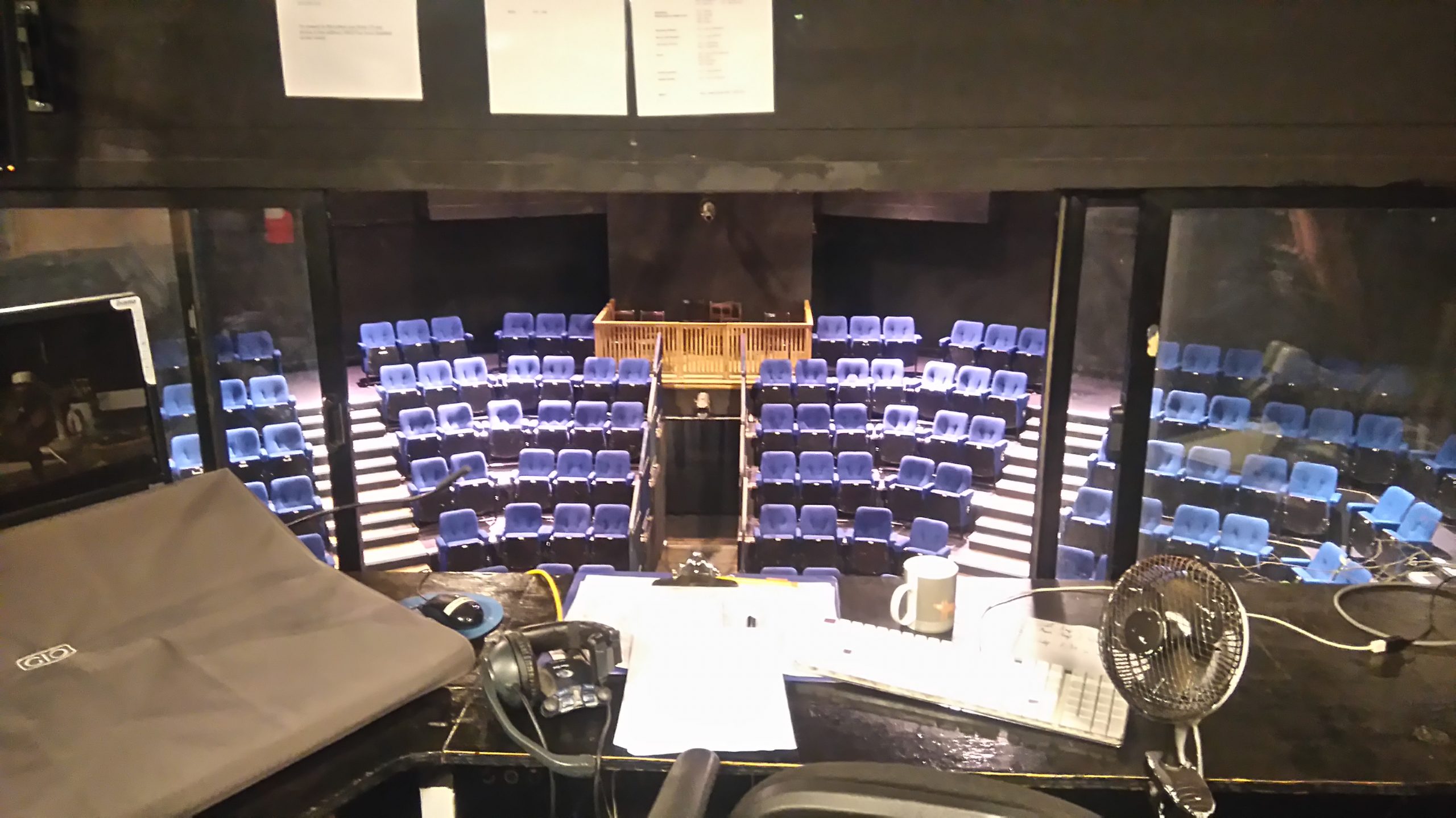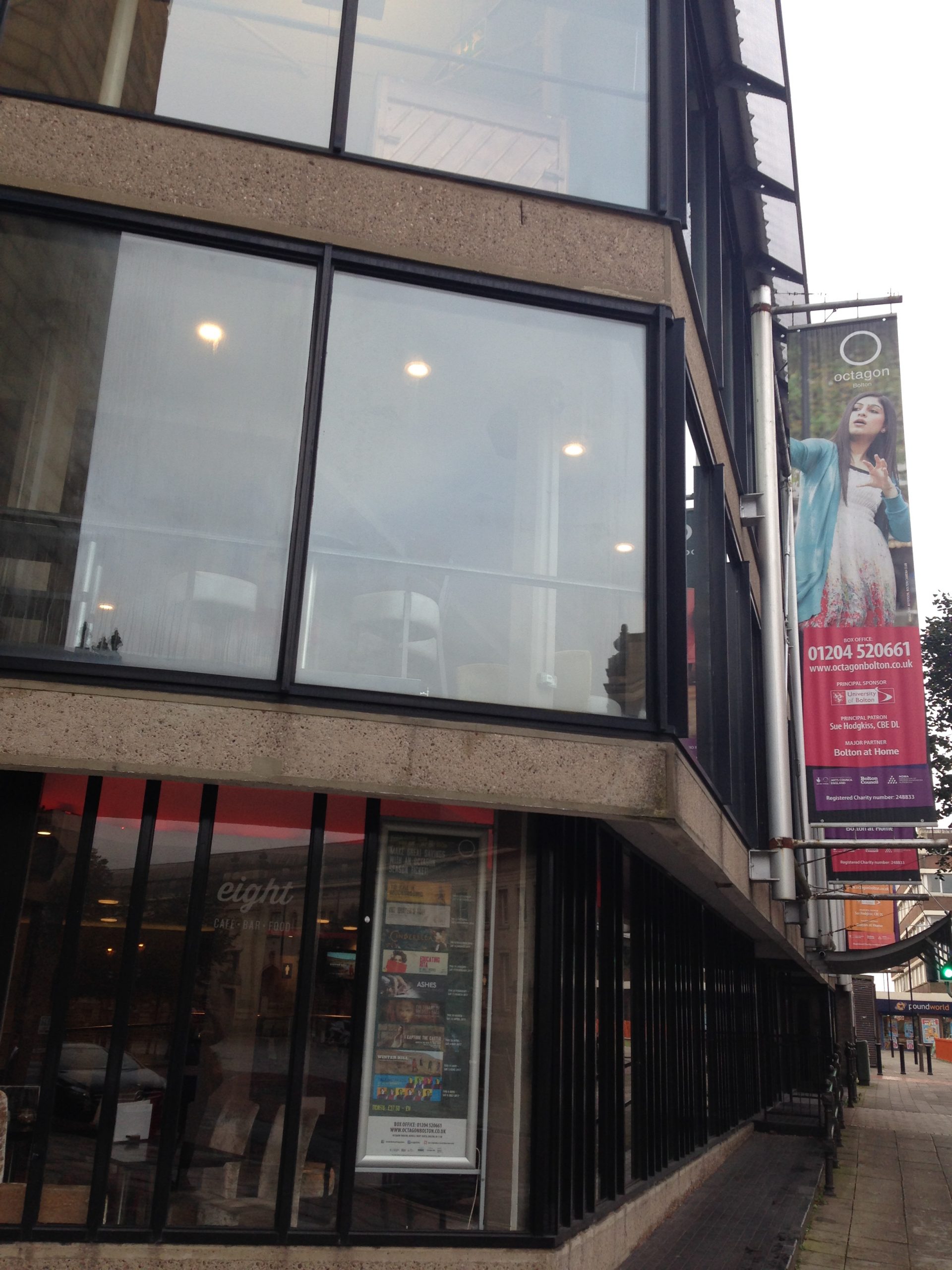
Shakespeare’s work has been adapted into various forms from theatre, ballet, and film. I had never previously given much thought to the processes involved in adapting the text to stage until I was recently invited to attend a workshop at Bolton’s Octagon Theatre to discuss their latest production of Shakespeare’s The Winter’s Tale, directed by David Thacker (due to open Friday, 21st October 2016). There was a mixture of Theatre, Design, and English students in attendance at the event as the production includes various aspects of organisation and deliberation relevant to each course. As an English student I was primarily interested in the core text and what changes were going to be made when adapting the text into a stage production.

After we were split into smaller more intimate groups, we were joined by an actor involved in the forthcoming production. A few practical ideas were discussed first, ranging from the budget to the performance space available, which has a necessary effect on the size of the cast. The length of the performance also became a key point of concern; it may be difficult for an audience (especially if they are unfamiliar with the text) to remain engaged throughout a three or four-hour play.
As we continued to explore the various reasons why some cuts were made to the text, the most important issue for consideration focussed on the narrative consequences of those cuts: that if cuts were made to the play, it still needed to flow and have a clear narrative direction. An example on which both the actors and director commented was an early scene that had originally been cut. This then made a later scene confusing as it appeared out of context, and it was later reinserted. It became clear what a difficult task the director has, keeping the balance between staying true to the heart of the text while meeting the expectations of a modern audience.

Following this, a couple of days later Theatre and English students were invited to a backstage tour of the Octagon, to get a clearer idea of how the theatre operates on a daily basis. The staff kindly gave their time to explain how the different departments work together to run the theatre as efficiently as possible. Both these activities have given me a good insight into the amount of organisation and planning that is required to run the theatre and all its various performances and events. From the administrative staff to the actors, everyone is equally important for a successful production and an audience leaving the theatre with all their expectations fulfilled.
Cara Bradbury
Cara is a first-year English BA (Hons) student at the University of Bolton.

